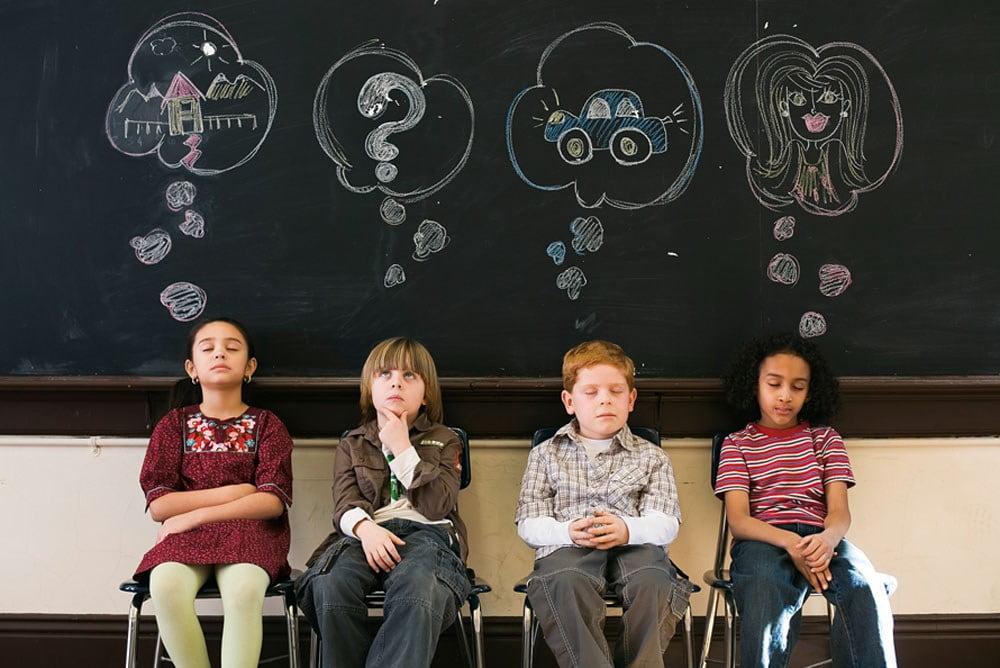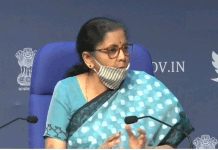Sigmund Freud, Marie Curie, Henry Ford,Albert Einstein are few names of the critical thinkers those have shaped our modern lives.

The critical thinkers are those who think rationally and clearly. They are capable of making logical connections between the ideas those are much more crucial to understand and explore the new world wherein we live.
If you’re hoping to reach your full potential and make your mark on the world, cultivate the following 16 characteristics of critical thinkers.
ALSO READ: Extortion Of The Billionaire: Few unknown facts
1. Observation
Observation is one amongst the earliest critical thinking skills those we learn as children and it is our ability of perceiving and understanding the surrounding world.
One must carefully observe the ability of documenting the details and collection of data through the senses.
The observations then lead tp the insights and deeper understanding of the world.
2. Curiosity
This is the most important trait among the successful leaders. Rather than taking everything at the face value, the most curious person would surely wonder why something is thw way it is.
Curiosity forces you to keep an open mind and propels you to gain deeper knowledge — all of which are also fundamental to being a lifelong learner.
3. Objectivity
The critical thinkers are always able to stay as objective as possible whenever looking at the information or at the situation. They usually focus on the facts and on the scientific evaluation of the information.
4. Introspection
It is the art of being aware of your thinking or putting it in another way by just thinking about how you think about things.
The critical thinkers need the introspection so tjat they are aware of their own degree of alertness and also attentiveness along with their biases.
It is your ability of examining your inner thoughts, feelings and sensations. It is also related to self-reflection that gives you the insights into your mental and emotional state.
5. Analytical thinking
The analytical thinkers are also known to be the critical thinkers and vice versa. The ability of analysing the information is thr key whenever looking at any almost anything whether it is the contract, a report, business model or the relationship. Analytical thinking begins with objectivity.
6. Identifying biases
Most of the times, the critical thinkers challenge themselves for identifying the evidence those form their beliefs and assess whether or not tjose sources are credible. This is the most important step that allows you to be aware of the biases those intrude your life.
7. Determining relevance
The most important yet the difficult pa in critical thinking is to figure out what information is more relevant and meaningful and also important for your consideration.
8. Inference
Information not always come with a summary which spells out what it exactly means. Critical thinkers need to assess the information and draw conclusions based on raw data.
Inference is the ability of extrapolating meaning from the dataand also discover the potential outcomes assessing the various scenarios.
9. Compassion and empathy.
Having a compassion and the empathy seems to b negative point for the critical thinkers. Being sentimental and way too emotional can skew the perception of the situation.

10. Humility
It is the willingness of acknowledging your shortcomings and also see your positive attributes in the most accurate way. Whenever you have the intellectual humility, you are always open for others viewpoints sp that ypu ca recognize when you are wrong and what you are willing to challenge ypur own beliefs whenever required.
11. Willing to challenge the status quo.
Critical thinking actually means questioning the long established business practices and refusing to adhere the traditional methods simply because that’s the way it’s always been done.
12. Open-mindedness
Critical thinkers avoid launching into a frenzied argument or taking sides — they want to hear all perspectives. Critical thinkers don’t jump to conclusions. They approach a question or situation with an open mind and embrace other opinions and views.
13. Aware of common thinking errors.
Critical thinkers don’t allow their logic and reasoning to become clouded by illusions and misconceptions. They are aware of common logical fallacies, which are errors in reasoning that often creep into arguments and debates.
14. Creative thinking
The effective thinkers are largely creative thinkers as they reject the standardized formats for problem solving as they think outside the box.
15. Effective communicators
In most of the cases the problems related to communication are based on the inability for thinking critically about the situation or either see it from various perspectives.
16. Active listeners
The critical thinkers donot just want to get their point across the others as they are careful for engaging in active listening and also hear the pther points of view.
ALSO READ: Unocoin founder arrested after setting up kiosk, India’s bitcoin ATM dreams crash









